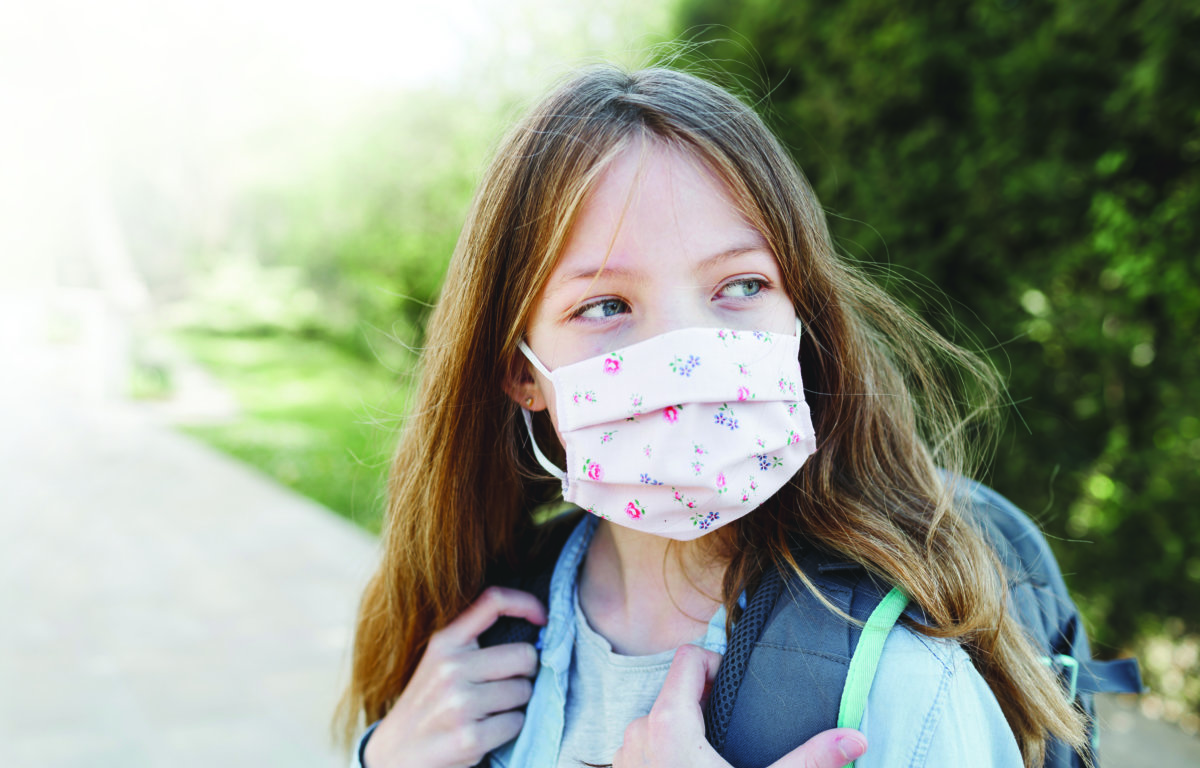BY JESS MICHAELS
With children out of school and at home for the past four months amid the COVID-19 pandemic, many parents have been eager for their children to go to camp this summer and return to some sense of normalcy. In early June, Governor Cuomo announced that New York day camps would be able to open beginning on June 29, giving kids the opportunity to be in a structured, monitored, outdoor educational environment with their peers.
Most camps that are operating this summer will be opening in mid-July as they needed time from Cuomo’s announcement to put new regulations in place. New York day camps will look a little different this summer, however, the foundations of camp as a place to connect with friends, take a break from technology, learn new activities, be outdoors and gain important life skills, will certainly remain and will feel more important this summer after being in isolation than ever before. Here are some of the changes that camps will be making this summer based on state regulations and best practices from the CDC and the American Camp Association for creating a safe environment for your children this summer at camp.
Shortened camp season – Due to the late announcement that camps will be able to open, may camps had to push back their start dates and will be offering a shorter camp season.
Set session dates – In the past, camps have given parents flexible options with the number of weeks they can attend. This summer, many camps are asking families to commit to a certain number of weeks.
Masks – While children will not have to wear them, all camp staff will be required to wear masks at all times.
Activities – For safety precautions, certain contact activities will not be part of the camp program this summer and all activities will take place outside.
Additional hand-washing and hand-sanitizing – Throughout the day, children will be washing their hands and using hand sanitizer.
Sanitizing facilities – There will be increased sanitizing and cleaning of facilities and equipment throughout the day.
Daily screenings – Temperature checks will be required daily. Some camps will do this on-site while others will ask parents to take temperatures at home and complete a form online before their child’s arrival at camp.
Transportation – Some camps will not be offering bus transportation this summer and will be asking parents to drive their children to camp.
Smaller camp groups – Camp groups will be no larger than 10 children per group and campers will stay with their cohort throughout the day. Children will not have to social distance within their cohort but will not mix with other camp groups.
No field trips – This year, there will be no out-of-camp field trips.
Rainy days – If the weather forecast predicts a significant and prolonged rain, camps will be canceled for the day since all activities will take place outside. Many camps will build in two to three rain days and credit families back for any rain days over that number.
Many parents may be wondering whether sending their child to camp is safe. Susie Lupert, executive director of the American Camp Association, NY and NJ says this to parents when deciding on camp this summer, “While no environment is 100 percent safe during the COVID-19 pandemic, summer camps that are licensed by the Department of Health and accredited by ACA are supervised environments for children where the risk will be mitigated with daily health checks including temperature checks, small group sizes, medical staff on-site, additional hand hygiene and sanitizing of facilities, and outdoor activities only. Children have been isolated at home for months and we feel the benefits of camp for children’s mental well-being far outweigh the risks. As families are beginning to go to the beach and the parks, we see summer camp as a safer environment because they are monitored environments with set protocols in place to keep children safe.”
This story originally appeared on newyorkfamily.com.



































